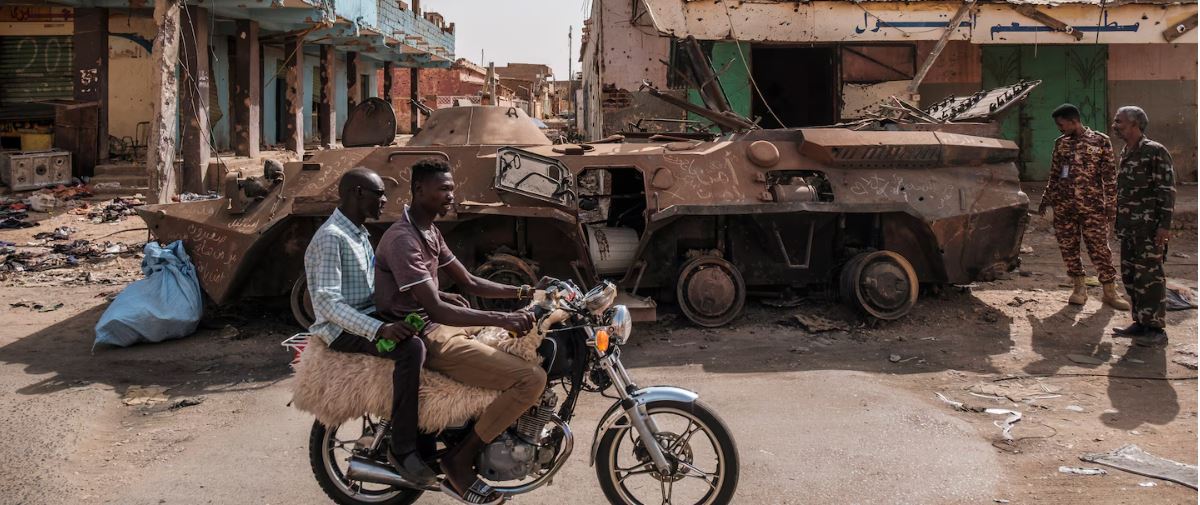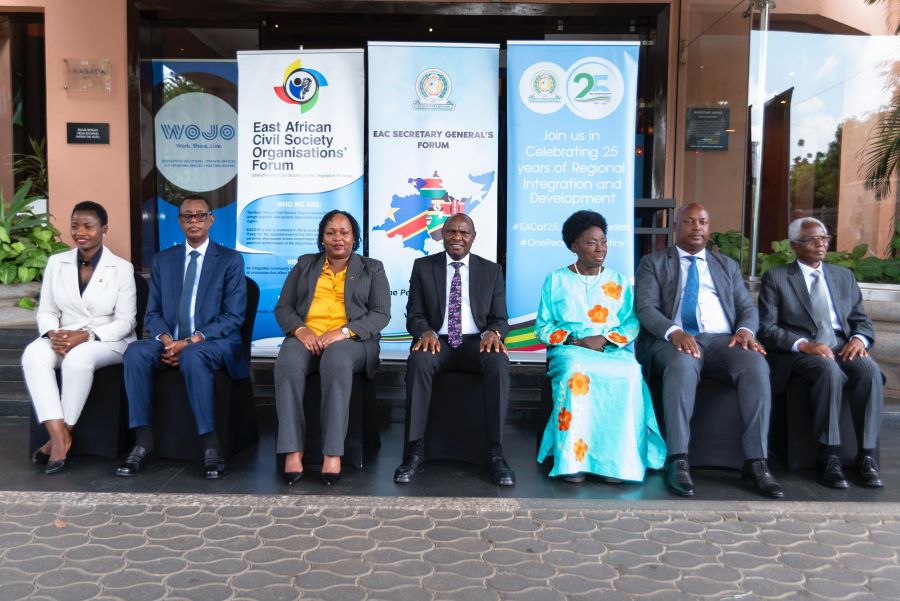By Admin
‘The Washington Post’ has uncovered damning evidence implicating a Turkish arms manufacturer in exacerbating Sudan’s devastating civil war.
According to a recent investigation, Baykar, Turkey’s largest defense company, secretly supplied drones and missiles to the Sudanese military, fueling one of the world’s most brutal conflicts.
The report reveals that Baykar struck a $120 million deal with the Sudanese army in September 2024, delivering eight of its advanced TB2 drones along with warheads.
A team from the company reportedly oversaw the shipment to ensure its successful delivery. The TB2, a flagship product of Baykar, is capable of carrying over 300 pounds of munitions and has been widely used in conflicts across the globe.
‘The Washington Post’ obtained a trove of evidence, including text messages, phone recordings, photos, videos, documents, and financial records, which detail the clandestine arms transfers. Satellite imagery and phone data partially corroborated the findings, painting a clear picture of Baykar’s involvement in the conflict.
The United Nations has described the war in Sudan as the world’s worst humanitarian catastrophe, with millions displaced and thousands killed. Neither Baykar nor the Sudanese government responded to requests for comment on the allegations.
However, the evidence suggests that the arms shipments may violate multiple rounds of international sanctions imposed by the United States and the European Union. These sanctions aim to curb the flow of weapons into conflict zones, particularly in regions like Sudan, where violence has spiraled out of control.
A Turkish embassy official in Washington, speaking anonymously due to the sensitivity of the matter, denied any involvement in the conflict. In a written statement to ‘The Washington Post’, the official claimed, “Turkey, which has witnessed the consequences of foreign intervention in Sudan, has refrained from providing any military support to the parties since the beginning of the conflict.”
Albert Ghoskoon, former Director-General of International Security at the Turkish Ministry of Foreign Affairs and a senior researcher at the Carnegie Endowment for International Peace, declined to comment on specific cases.
However, he emphasized that Turkey has a rigorous system for reviewing arms sales, involving the Ministry of Foreign Affairs, the Ministry of Defense, and the General Staff. Ghoskoon noted that while previous reports hinted at the presence of Turkish weapons in Sudan, the latest revelations provide unprecedented detail about the intermediaries, scale, and delivery methods used to bypass international sanctions.
Read More On : https://africawatchnews.co.ke/sudanese-political-groups-and-armed-movements-sign-transitional-charter-in-nairobi/
Baykar’s internal documents further suggest that the arms deal may have been part of a broader strategy to secure economic and strategic benefits in Sudan. Company executives reportedly discussed the possibility of gaining access to Sudan’s copper, gold, and silver mines, as well as rights to develop the strategic Abu Amama port on the Red Sea.
The port is a highly contested asset, with Russia also vying for influence in the region. Last month, Russia and Sudan announced an agreement to establish a naval base in Port Sudan, marking a significant expansion of Moscow’s presence in the Red Sea.
Baykar, a major supplier of drones to the Turkish military and a leading defense exporter, has faced scrutiny for its role in global conflicts. The TB2 drone, which features components manufactured in the United States, has been deployed in conflicts in Libya, Syria, and Ukraine, among others.
The company’s involvement in Sudan raises questions about the ethical and legal implications of arms sales to active conflict zones, particularly in violation of international sanctions.As Turkish companies seek to expand their influence across Africa, the risks of entanglement in geopolitical conflicts and violations of international law continue to grow.
The revelations about Baykar’s role in Sudan underscore the urgent need for greater transparency and accountability in the global arms trade, as well as stricter enforcement of sanctions designed to prevent the escalation of violence in fragile regions.
Read More Stories At: https://africawatchnews.co.ke/







